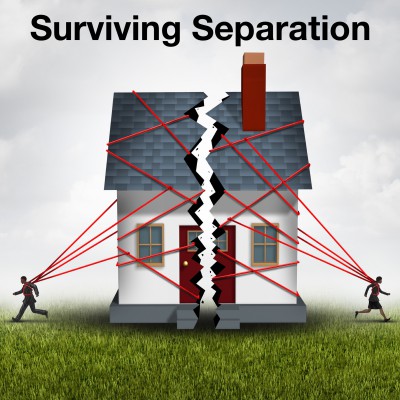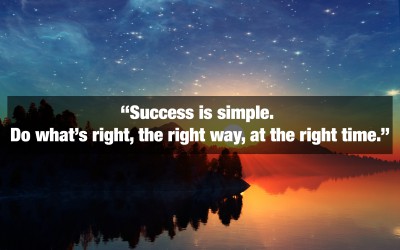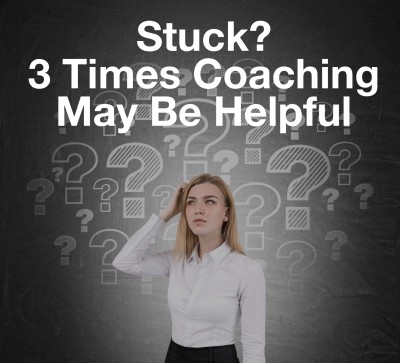Surviving Infidelity
https://savethemarriage.com/stmblog/wp-content/themes/corpus/images/empty/thumbnail.jpg 150 150 Lee H. Baucom, Ph.D. Lee H. Baucom, Ph.D. https://secure.gravatar.com/avatar/669b7e375d93f77521ddaba08adb8063?s=96&d=blank&r=pg Last week, I shared a podcast on Surviving Separation. I heard back from some folks who asked, “what about surviving an affair?”
Last week, I shared a podcast on Surviving Separation. I heard back from some folks who asked, “what about surviving an affair?”
I thought it was a fair question.
So this week, I discuss how to survive an affair. If you are interested, I have an entire book dedicated to Recovering From The Affair. This podcast is not so much about recovering as surviving — living through it, so that you can get to the point that you CAN recover.
Before you can heal, you have to stop the bleeding.
And let’s be very clear: infidelity is very tough on a relationship.
But not insurmountable.
In the podcast, I cover some basics about infidelity and the pain caused by an affair. (Along with a quick coverage of the root causes of infidelity.)
Then we talk first aid. I discuss 4 parts of a process to get you going.
So that you can survive infidelity.
Listen below for more.
RELATED RESOURCES:
Affair Recovery Resources
Recovering From The Affair book
Podcast: Play in new window | Download
Subscribe: RSS







